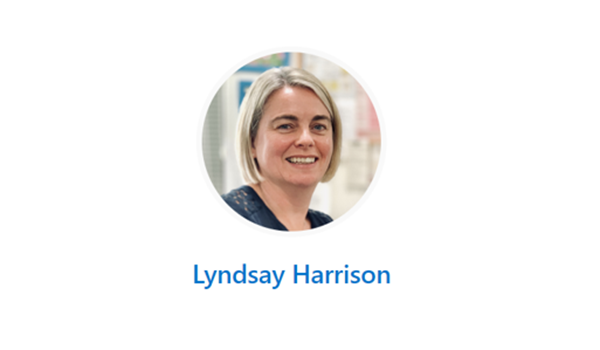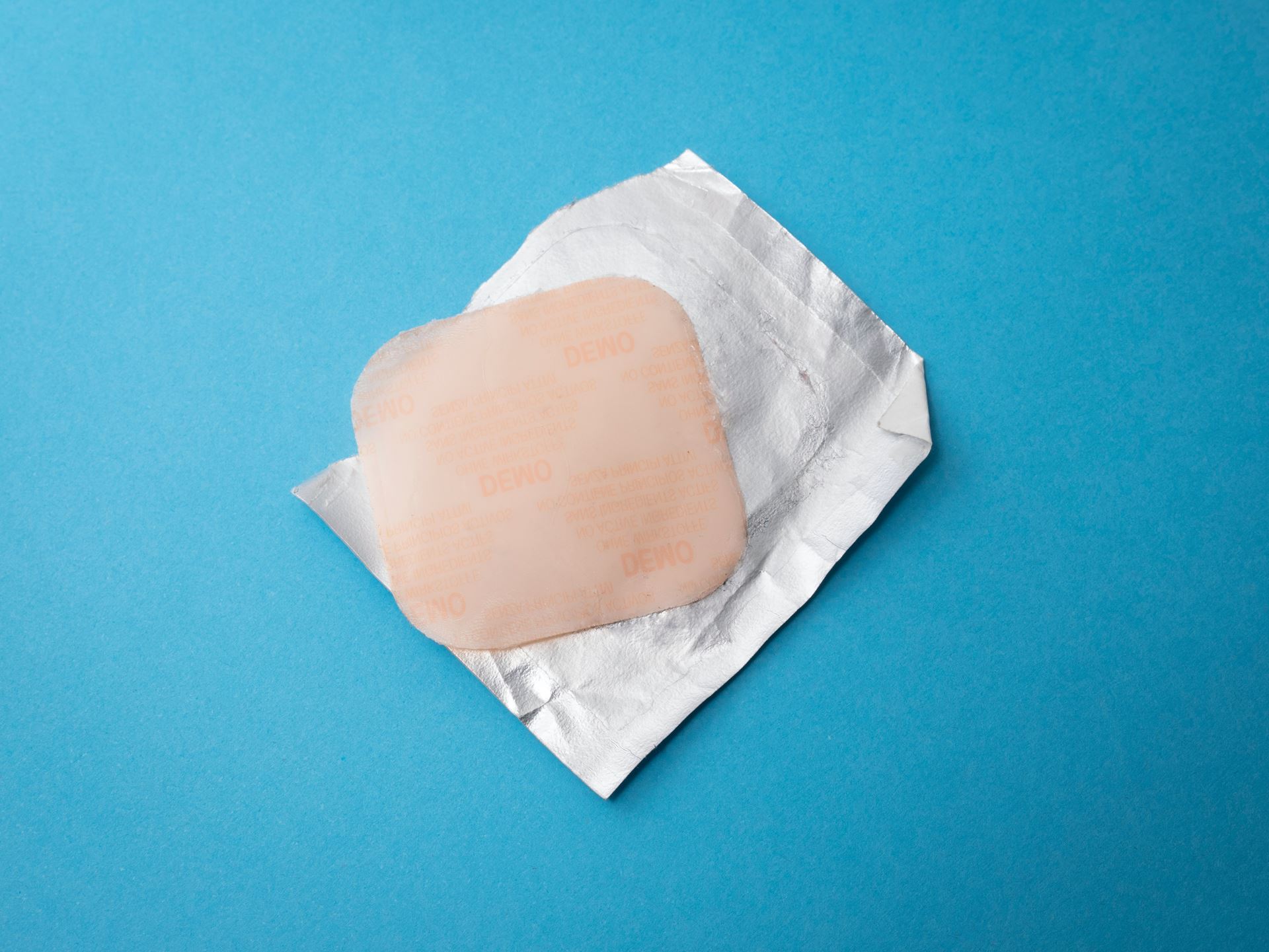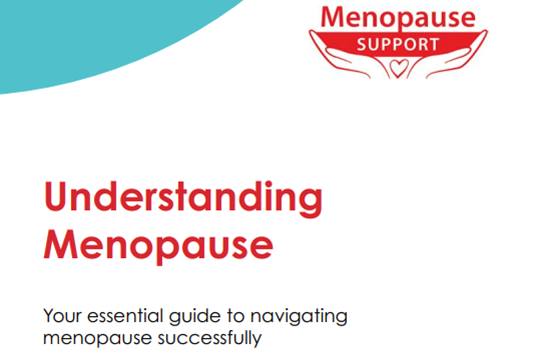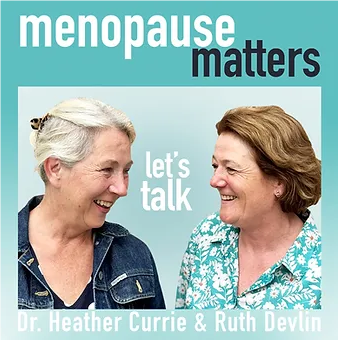Menopause
What is Menopause?
The menopause is when a woman stops having periods and is no longer able to get pregnant naturally. Periods usually start to become less frequent over a few months or years before they stop altogether. Sometimes they can stop suddenly.
The menopause is a natural part of ageing that usually occurs between 45 and 55 years of age, as a woman's oestrogen levels decline. In the UK, the average age for a woman to reach the menopause is 51. However, around 1 in 100 women experience the menopause before 40 years of age. This is known as premature menopause or premature ovarian insufficiency.
It is important to continue contraception through this period, and many women also experience uncomfortable symptoms such as mood changes, hot flushes and sleep problems. There is more information on what you might expect and advice on how these symptoms can be managed below.

Menopause and HRT Support at Bangholm
Our Nurse Practitioner, Lyndsay Harrison, offers a HRT clinic, where she can offer support and advice regarding the menopause. Please contact reception to book an appointment with Lyndsay.
If you have a consultation booked with Lyndsay Harrison regarding HRT, you can download this sheet here to fill in before your appointment. You can then email this in to us at: clinical.s70272@nhslothian.scot.nhs.uk
Unsure About HRT?
If you are unsure about starting HRT, we are here to help.
We have compiled a list of useful resources which provide information about HRT and aim to answer any concerns you may have.
The Women's Health Concern website offers some useful fact sheets, including information regarding the benefits and risk of HRT, which can be found here.
The Royal College of Obstetricians and Gynaecologists (RCOG) website has some useful information and resources for alternative treatments for menopausal symptoms.

HRT
If you would like help controlling the symptoms of Menopause, Hormone Replacement Therapy (HRT) is the best and most effective treatment available. The symptom trackers listed above are very useful if you are considering HRT as they can help you and our clinicians monitor your symptoms to be sure that your treatment is as effective as possible.
We have a dedicated menopause clinic in the surgery run by Lyndsay Harrison the nurse practitioner. You can book an appointment in the menopause clinic to discuss starting HRT and also for your annual review. If booking an appointment to start HRT, it would be useful if you could complete the symptoms score sheet at the bottom of the page prior to your appointment.
Women's Experiences & Advice
Going through menopause can be difficult, but you are not alone. The links below may help to reassure you that these changes, challenging as they are, are normal and are something that all women will experience.
NHS Inform has lots of useful, credible advice regarding menopause with video links, including addressing common menopause myths.
Provides a confidential, independent service to advise, reassure and educate women of all ages about their gynaecological and sexual health, wellbeing and lifestyle concerns.
Ruth Devlin set up a blog to help raise awareness and to provide accurate information on the menopause. The blog provides evidence-based information and support, helping women to make informed decisions about how to manage their menopause and so improve their quality of life.
General Resources
An award winning, independent website providing up-to-date, accurate information about the menopause, menopausal symptoms and treatment options.
Daisy Network (Premature Menopause)
A charity that provides information and support to women diagnosed with Premature Ovarian Insufficiency, also known as Premature Menopause.
CBT Resources
Cognitive Behavioural Therapy (CBT) has been shown to be effective in managing many of the symptoms of menopause, including hot flushes and night sweats. It has also been shown to help with the mood changes that some women experience during menopause due to the drop in oestrogen levels. Fact sheet on CBT for menopausal symptoms
Self help Resources
Managing hot flushes and night sweats: a cognitive behavioural approach to menopause, Myra Hunter & Melanie Smith
Overcoming Insomnia and Sleep Problems: A Self-help Guide to Using CBT, Colin A. Espie Our own mental health resources page
Page created: 04 September 2020


